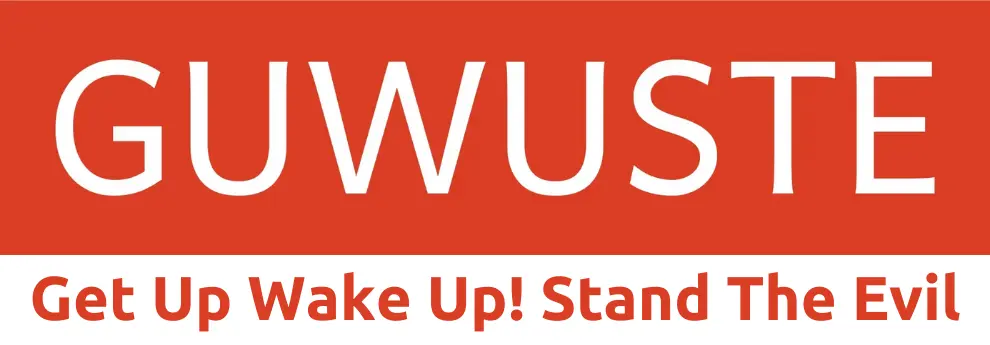World of Puppets: To Whom is Humanity Being Pushed as Pawns?
15 Sep 2025
- Share:

Economic Structures Behind the Curtain and Humanity's Geopolitical Position
The dynamics observed in the global system require in-depth examination in the context of international relations and geopolitical analyses. National security issues, regional instabilities, and complex operational plans experienced worldwide should be evaluated within a broader strategic framework, beyond surface events. We need to correctly understand how global power balances are shaped and humanity's position within the structure.
Debt Mechanisms: Debt as a Tool of Global Economic Control
In the modern global economy, debt functions not only as a financial instrument but also as an effective control mechanism in inter-country relations and over national sovereignty. The high debt burden of the US suggests the fragilities of the global financial system and how debt can be used in line with the interests of the military-industrial complex and financial elites.
The practices of institutions like the International Monetary Fund (IMF) and the World Bank to establish political influence through infrastructure investments are frequently discussed in the literature. China's "Belt and Road Initiative" is an example of a strategy to build new geopolitical networks through debt diplomacy. The similar creation of diplomatic silences by Gulf capital demonstrates the impact of financial power in international relations. The Turkish proverb "He who borrows, obeys" can be considered a local reflection of global dynamics in Anatolian wisdom.
Crisis of Representation: Limits of Political Authority in Modern Democracies
In modern political systems, the concept of representation brings with it important discussions regarding the reflection of the people's will in decision-making processes. Claims that the real decision-making powers of elected leaders are limited and that real power is concentrated in financial and military complexes are widely covered in political science literature.
Criticisms that political parties have become structures reflecting the interests of capital and external powers, rather than representing the demands of the people, are associated with the manipulation of democratic processes and the erosion of public trust in political institutions. This situation reveals the influence of global actors on national politics.
Media and Algorithm Control: Construction of Reality and Direction of Social Consciousness
The media and cultural industry play a central role in the construction of social consciousness and the perception of reality today. Algorithmic censorship mechanisms can reduce the global visibility of crises in regions such as Gaza, Sudan, and Haiti. Popular digital platforms can divert attention to trivial issues, causing critical social problems to be overlooked.
There are analyses suggesting that collective consciousness is influenced through cultural products such as Netflix series and tabloid news, and that artificial agendas are used to obscure real problems. The repetition of the government's discourse by mainstream media in Turkey and the algorithmic pressure on alternative digital platforms are local reflections of the global trend.
Historical Cycles: Rise and Fall Models of Empires
Historical processes are characterized by cycles of rise and fall of empires. The collapse of the Roman Empire due to reasons such as excessive debt, corruption, detachment from the public, and cultural decay offers important lessons for the potential risks faced by today's global powers. The current situation of the United States is evaluated by some historians and analysts as a new link in such historical cycles.
The last period of the Ottoman Empire and the dissolution of the Soviet Union are also different examples of these cycles. These historical analyses provide important clues about the sustainability of existing systems and possible future changes.
Geopolitical Chess: Global Security and Strategic Mistakes
The global geopolitical environment can be likened to a chessboard where strategic competition between great powers intensifies. Some discourses and actions interpreted as efforts by European leaders to provoke World War III are criticized as indicators of irrational approaches in international relations. Situations such as the disregard of the Minsk Agreement reveal that confrontational approaches are preferred over peaceful solutions.
Claims that war is used as a diversionary tactic to distract from the economic problems of the European Union bring with them discussions of political corruption. Sanctions and efforts to create global hostility increase the risk of the international system becoming permanently hostile. Strategic moves made by ignoring the importance of the Russia and China alliance pose serious threats to global security.
Conclusion: The Importance of Conscious Awareness and Analytical Approach
While pointing to the existence of complex and implicit operational plans in the global system; humanity, our region, and our society must gain conscious awareness and act with an analytical and strategic approach in the face of threats.
It is of great importance to critically filter the presented information, question deep truths, and rediscover the power of self-determination. Otherwise, there is a risk of continuing to live in a reality shaped by the shadow of global powers.
ASLIHAN DEMİR (kureselifsa.com)






